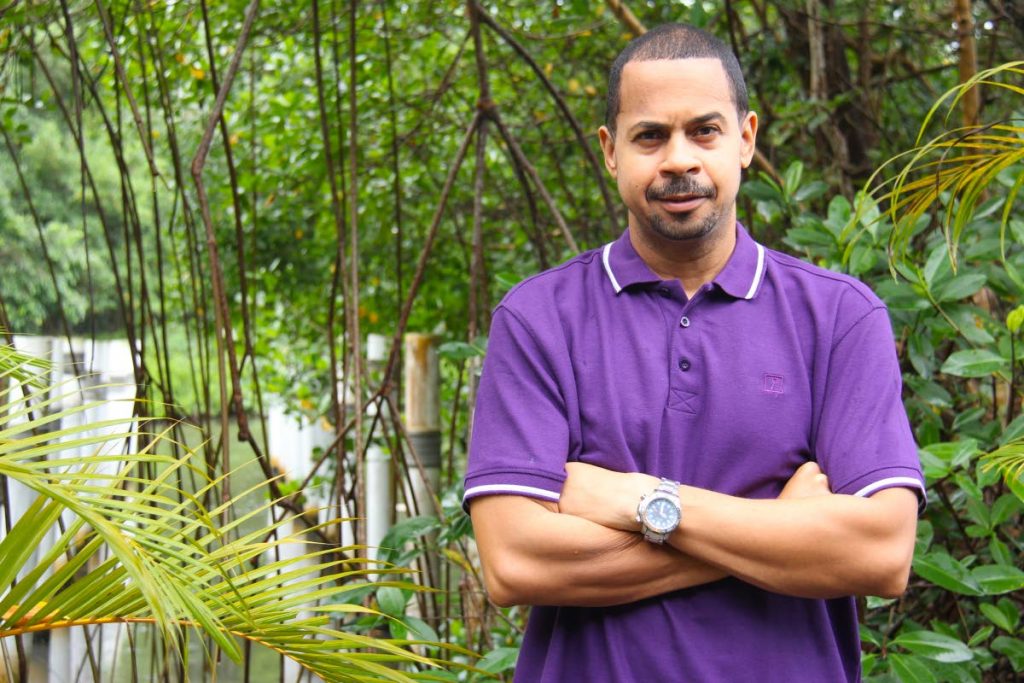Of cakes and the cancel culture

MANY OF you probably read about what really shouldn’t have gone beyond a minor cake kerfuffle online. What began as a dispute over the quality of a cake supplied by a young baker to a customer turned ugly rather quickly.
At the centre of the online sparring between customer and cake maker was a basketball-themed creation which fell flat with the client. The customer, it seems, didn’t appreciate the irony of part of a sponge cake that was actual sponge.
The young baker, in her defence, insisted the customer was told the “basketball” feature of the cake would not be edible, it being made from foam and all. But then, Cobo doh eat sponge cake, or irony for that matter.
What ensued was a torrent of withering online abuse for the budding baker. The story was picked up by the media. Suddenly, the flour-dusted patissier, still bruised by the online justice league, discovered a talent that handily compares with her abilities in the kitchen – marketing and self-promotion.
She embraced the debacle with an equanimity uncommon in people of that age. Her responses were more mature than the comments of the grizzled curmudgeons who saw nothing wrong with publicly scourging a child who could be their grandchildren’s age.
The young entrepreneur faced up to the backlash and quickly recovered from her initial response to the cake “crisis;” a response which many felt came up even shorter than the cake itself.
Being able to turn white-hot ridicule into great PR is a little known superpower. She wielded this power deftly, courting the media with a confection of contrition and pluck.
She plucked herself from the maw of the Facebook rabble and turned the brouhaha to her advantage. Like a Starlite in the hands of a giddy child, she resolved to burn brightly if briefly.
She even poked fun at herself in a subsequent post showing off another client’s cake. But something happened while little miss baker was turning the hot light into the spotlight. The internet turned on the customer whose complaint started the whole fuss.
Thus the circle of abuse was complete. Self-appointed arbiters dispensed digital justice from the anonymity of the computer or cellphone. Squadrons of drone pilots scrambled to remotely bomb the reputations of strangers; all this done from the sanctimonious sanctuary of Facebook.
This country is an expert mimic of the worst of other cultures while eschewing the better examples of humanity. Why should it be any different with the in-thing: the “cancel culture.”
That’s the practice of both offline and online trolling to rip apart reputations and reduce targets to husks of their former selves. People, either individually or as a pack, mercilessly rend the characters of those they’ve decided are morally deficient or wanting in some way.
When people make mistakes they are condemned for eternity. The internet isn’t known to be a place of reticence. Few reserve judgment; they post their devastating comments and disappear.
I know this all too well. In 2015, shortly after the current government came into office, I wrote a column in which I made an error; one without malice. I was set upon by the PNM junta with great vengeance and furious anger.
Even people I had long considered friends (in as much as someone on Facebook can be considered such) joined the feeding frenzy, unable to resist the inviting scent of blood on the wind.
Up until that point I had considered myself a former journalist and semi-upright citizen in reasonably good standing in the national community. So, you can imagine my surprise when many people confidently posted online: “He do dat deliberately! He was always so!"
Thankfully, people’s opinions of me have never had any bearing on my fortunes on this island, such as they are. With others, it is not quite so simple.
Research has shown cyberbullying can increase suicidal behaviour in young people by two-three times. So as the old people used to say, what is fun for schoolboys is det for crapaud!
It would be great if people could be more circumspect about criticising others online. Context is everything and the internet is famously terrible with context. You may not have the whole story. Think before you post.
A simple comment can have far-reaching consequences that will outlive the fleeting pleasure of a pointless like or thumbs up.
Better still, if you have nothing good to say, why not try sipping your tea like Kermit and just keep it moving?

Comments
"Of cakes and the cancel culture"